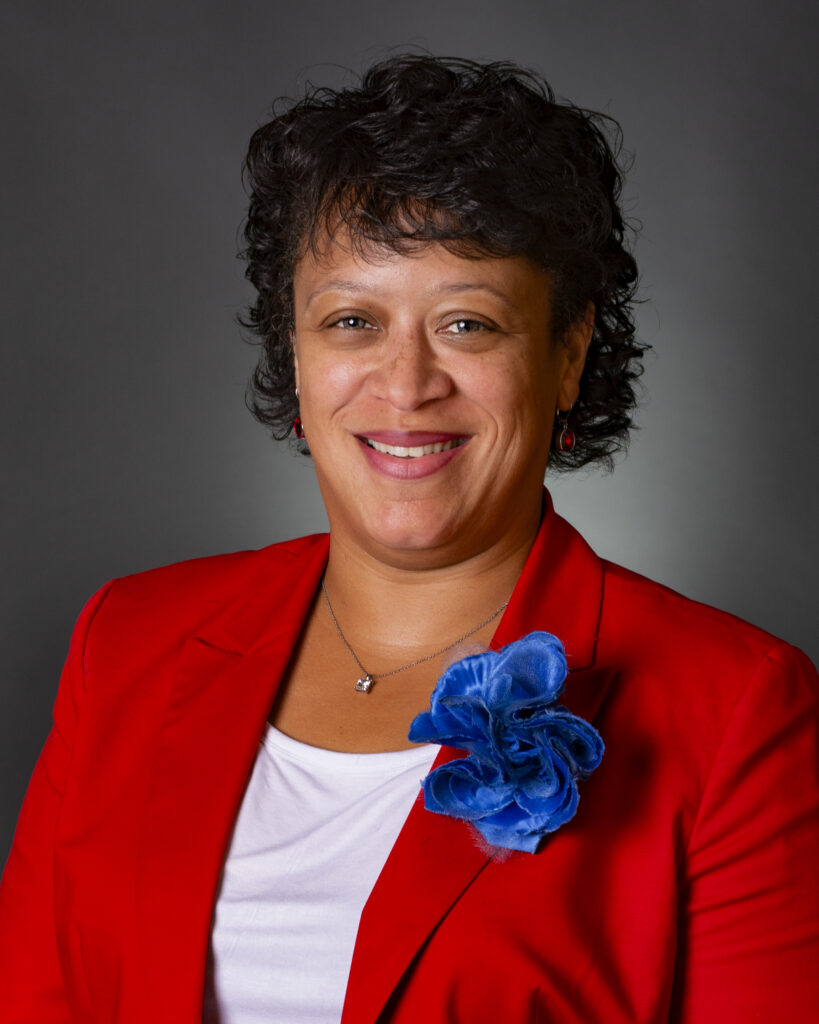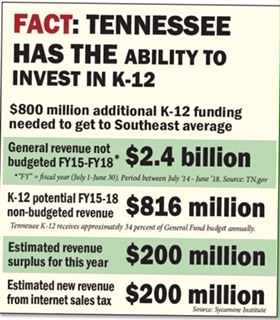In response to the controversy surrounding Hillsdale College President and Bill Lee advisor Larry Arnn and his remarks about teaching and public schools, the Tennessee Education Association is calling on Lee to sever all ties with Hillsdale and to limit the power of the state charter commission.
Here’s more from TEA’s press release:
The Tennessee Education Association calls on Tennessee Governor Bill Lee
to sever ties with Hillsdale College and support legislation to limit the power of the state charter commission, restoring local control in public education.
“Hillsdale disrespects Tennesseans and Tennessee values,” said TEA President Tanya Coats. “Lee’s plan for 50 Hillsdale charters in rural and suburban districts is wrong. Using the state charter commission as the tool to open these private charters over objections of local communities is worse.”
“Hillsdale’s Larry Arnn said Tennesseans are too dumb to educate their own children, using talking points straight from the charter industry playbook,” Coats said. “We don’t care how he does it up north, and we don’t need to be saved by charter operators from California or Massachusetts. We know what it takes to educate our children.”
“All Tennesseans should understand Arnn’s slurs were not the words of one man, but part of an organized effort to undermine confidence in Tennessee public schools. That’s the only way they can siphon tax dollars into private pockets,” Coats said.
Tennesseans have had extensive experience with failure of state-created charters. The charters of the Achievement School District have been the lowest-performing system in our state.
“Make no mistake, charter schools often look to make money for financial backers. When charters fail, it is impossible to close them and local governments are left to untangle the mess,” Coats said. “Arnn’s comments not only revealed to us who he is, but also laid bare the tactics of the charter industry. We will be working with the General Assembly to limit the power of the state charter commission and restore local control.”
MORE ON HILLSDALE

For more on education politics and policy in Tennessee, follow @TNEdReport
You make publishing education news possible – $5 or more helps keep TNEdReport going!
Got an education news tip? Email me!





